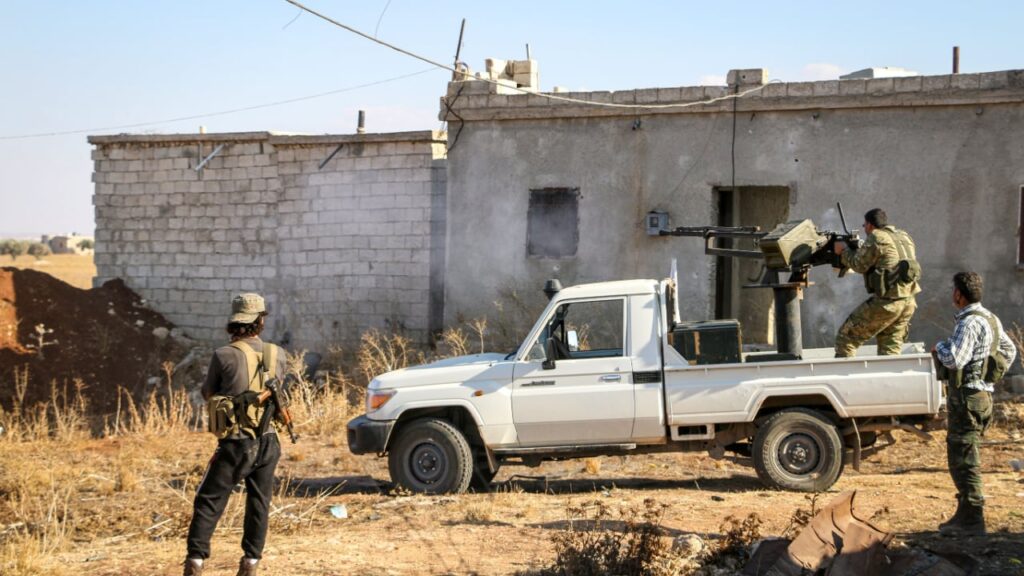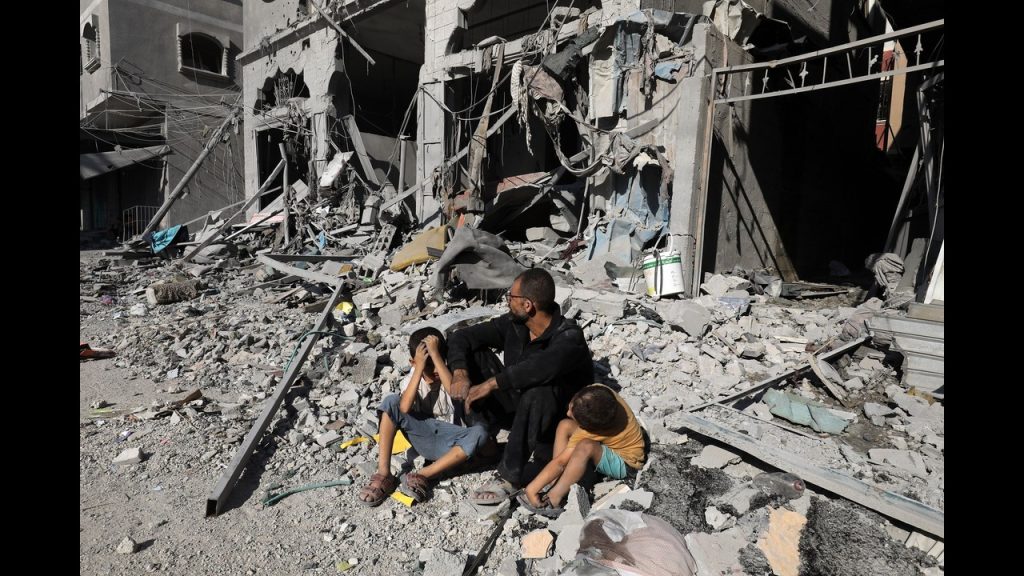The Spurned Iranian Public
 A poll of Iranian public opinion taken in September and released last week underscores some American misperceptions of how Iranians view issues that divide the two countries. The poll, conducted for the International Peace Institute, perhaps needs to be treated with caution because it involved just 700 respondents who were questioned by telephone from outside Iran. It nevertheless shows some distinct patterns in Iranian views about relations with the west and the vexing nuclear issue.
A poll of Iranian public opinion taken in September and released last week underscores some American misperceptions of how Iranians view issues that divide the two countries. The poll, conducted for the International Peace Institute, perhaps needs to be treated with caution because it involved just 700 respondents who were questioned by telephone from outside Iran. It nevertheless shows some distinct patterns in Iranian views about relations with the west and the vexing nuclear issue.
About half of those polled believe that international sanctions are having a significant impact, and just over half consider sanctions and isolation to be Iran’s chief foreign policy problem. Moreover, Iranians clearly are worried about their economy—the harming of which is part of what sanctions are all about—with three-fourths of respondents complaining that their incomes are either stagnant or dropping. So far, so good regarding the immediate objective of sanctions, of making things hurt. But as for the ultimate objective regarding the nuclear program, sentiment is heading in the wrong direction. Seventy-one percent said they want Iran to have nuclear weapons, up from 52 percent in a similar poll taken in 2007.
Another bifurcation appears in attitudes toward the United States and the rest of the West. By a three-to-one margin, Iranians want closer relations with the West. But almost nine-tenths of the respondents expressed negative sentiments toward the United States—up 40 percentage points from a similar question two years ago—while 55 percent are negatively disposed toward the European countries.
These results seem puzzling and even self-contradictory if looked at through the lens that is commonly used when Americans view Iran. According to that view, nuclear activity is a bad Iranian habit that needs to be broken, and that will be broken if Iranians feel enough pain. And Iranian attitudes toward the United States are viewed as a simple ingrained like-or-dislike predisposition—dislike among those who support the Iranian regime, and probably a more favorable disposition among those oppressed by the regime.
The poll results appear quite consistent and logical if that lens is discarded and Iranian opinion is viewed more accurately in the following way. A nuclear program—certainly a peaceful energy-generation program, but the poll results suggest even a nuclear weapons program—is for Iranians a focus of national independence, pride, and respect. Cost-benefit considerations enter in, but international pressure and coercion, as an affront to national independence and respect, also triggers still more support for the very program that Iranians see as capable of restoring those compromised qualities.
As for attitudes toward the West and the United States in particular, the survey results show that those attitudes are not just a matter of predisposition but instead a reaction to U.S. words, policies, and actions. Iranians want a better relationship but they do not see the United States as wanting it. The main issue at hand is not how much hostility Iranians have toward the United States, but rather how much hostility Iranians perceive that the United States has toward them. The Iranian public feels spurned.
The poll results are further evidence of something I have commented upon earlier: that the tone and emphasis of U.S. words and actions are leading Iranians to doubt that the United States ever wishes the relationship to improve. The results also suggest that any such improvement, even if it involves Iranian forswearing of nuclear weapons, probably would also have to involve recognition of Iran’s right to enrich uranium.
(Photo by Shahram Sharif)


